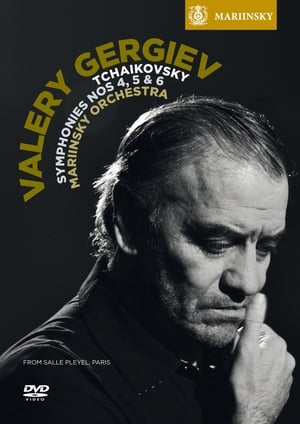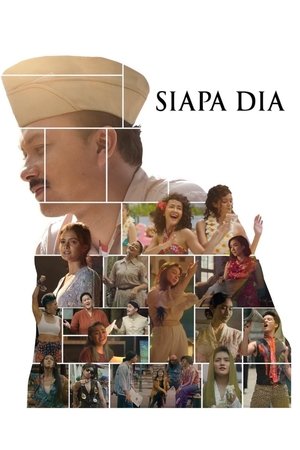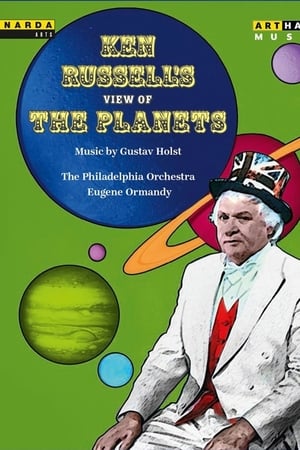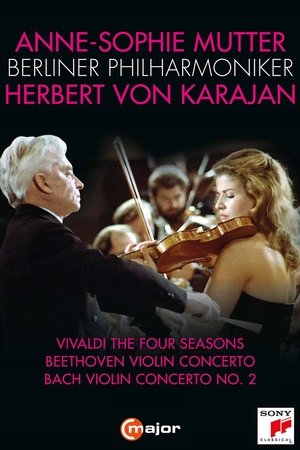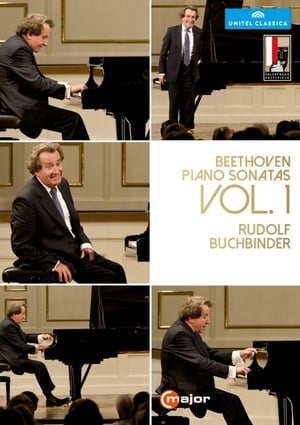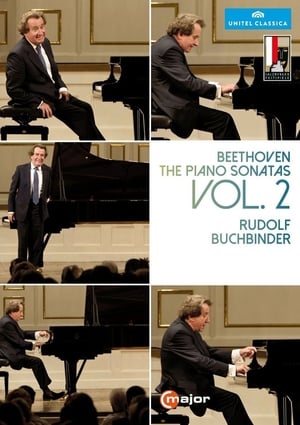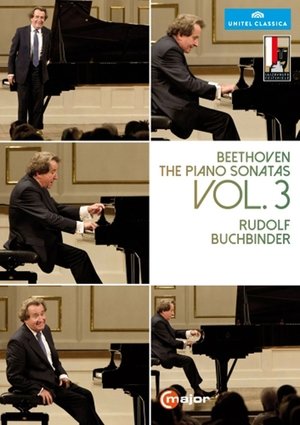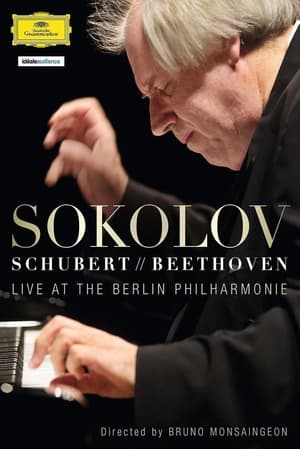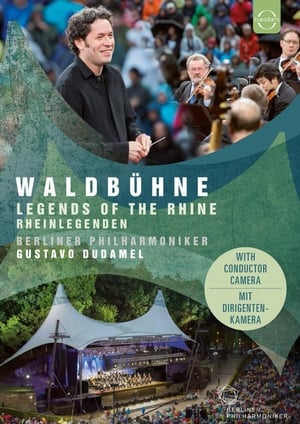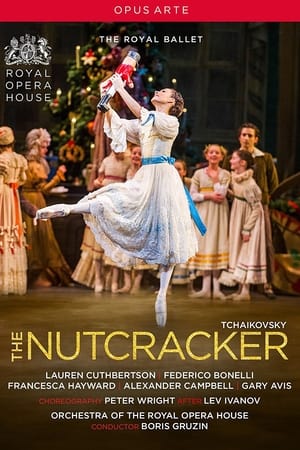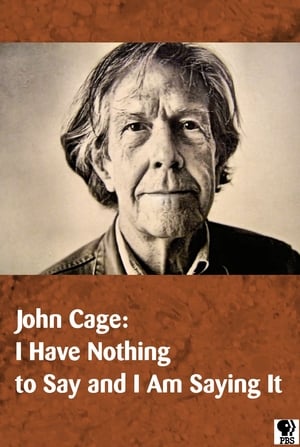Overview
In October 2022, the Moravian Philharmonic Orchestra Olomouc welcomed violinist Jan Mráček and cellist Michaela Fukačová to its concerts. Both artists will join forces in Johannes Brahms' unique, mature work, the "Concerto for Violin and Cello in A minor“, conducted by Jakub Klecker. The program opened with Antonín Dvořák's symphonic poem "Polednice," which is part of his tetralogy of symphonic poems based on motifs from Karel Jaromír Erben's collection "Kytice," written in 1896 after Dvořák's return from the United States, followed by a work by the world-renowned Georgian composer Giya Kancheli from 2015 entitled "Nu.Mu.Zu", which means "I don't know" in ancient Sumerian. The highlight of the evening was Johannes Brahms' "Concerto for Violin and Cello in A minor" from 1887.

 Czech
Czech
 0
0
 2023
2023
 Czech Republic
Czech Republic
